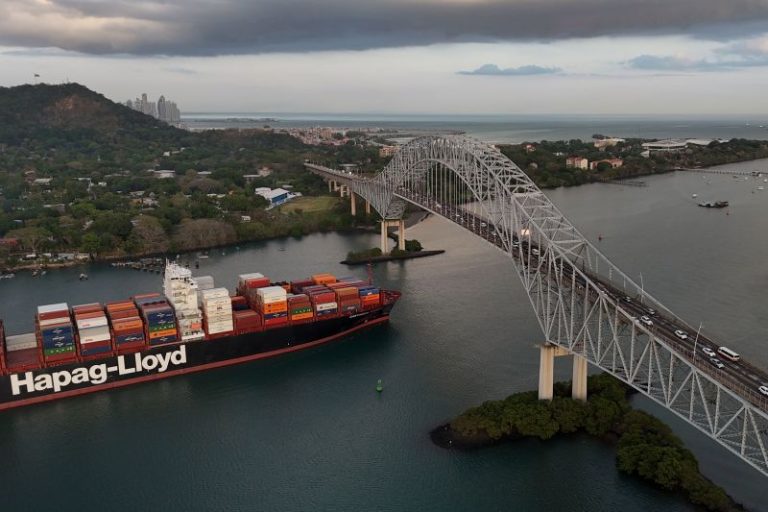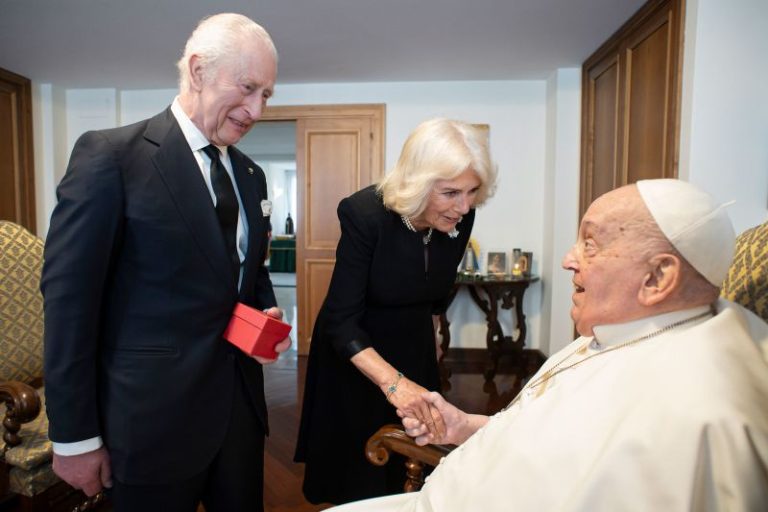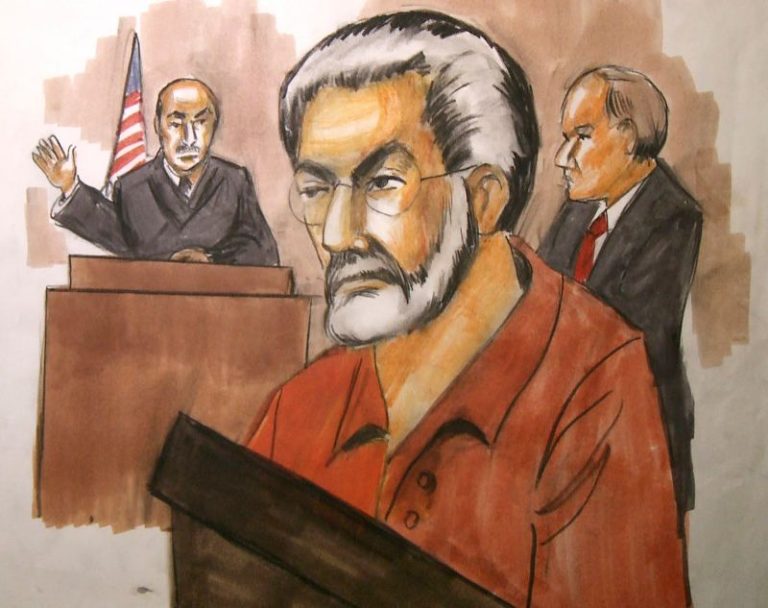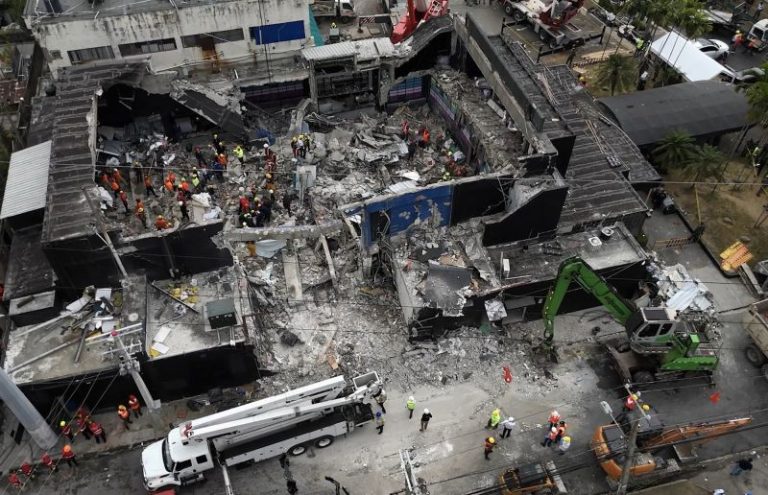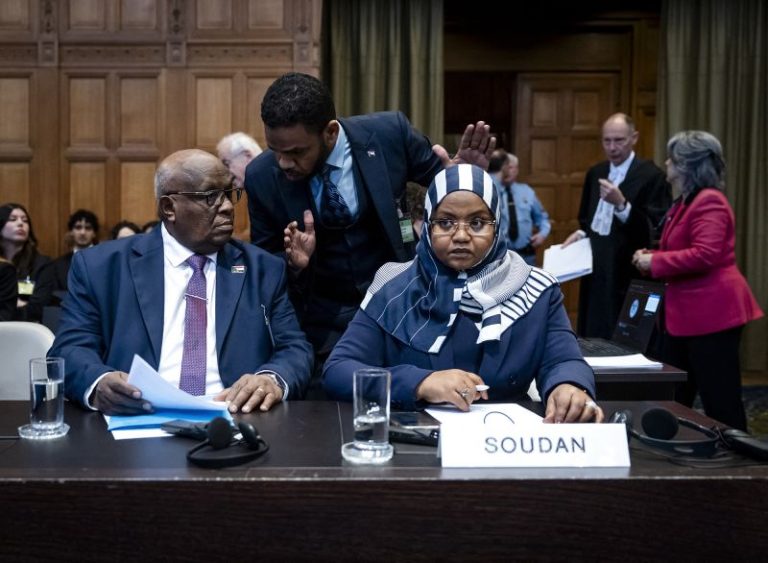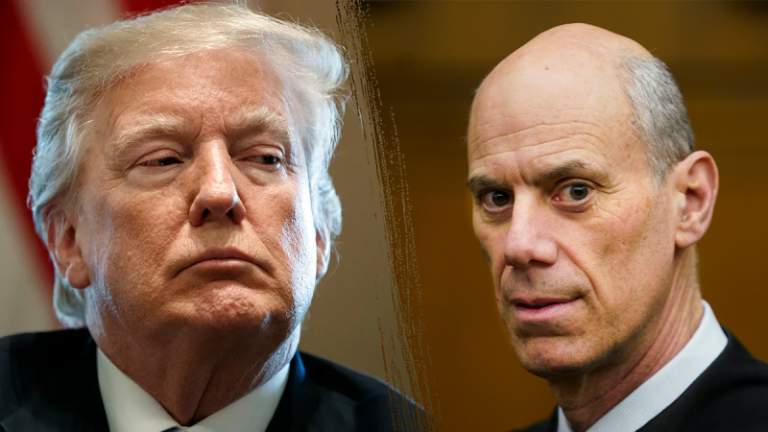Panama promotes itself “as the bridge of the world, heart of the universe” but lately the narrow Central American Isthmus and its namesake canal that joins the Atlantic to the Pacific have become the setting for a bitter clash between the world’s two preeminent economic superpowers.
The escalating war of words between the US and China over the canal has left Panama – which does not have a military – baffled and brings to mind the old proverb of how “when elephants fight, it is the grass that suffers.”
From the beginning of his second term, US President Donald Trump has claimed without proof that China secretly controls the canal where around 40% of US container traffic passes through. If China’s alleged influence over the canal wasn’t halted, Trump threatened to “take back” the iconic waterway that the US returned to Panama in 2000, employing military force if needed.
Panama’s President José Raúl Mulino rejects Trump’s claims but has also made significant efforts to placate the White House, such as dropping out of China’s Belt and Road investment initiative in February.
In March, US investment giant BlackRock announced a $22.8 billion deal to buy 43 ports, including two located on either side of the Panama Canal, from CK Hutchison, the Hong Kong logistics company that the Trump administration has accused of being under Beijing’s control – something Hutchison denies.
But those concessions seem to have only added fuel to the White House’s bellicose rhetoric, most recently this week from Secretary of Defense Pete Hegseth during a visit to Panama to attend the Central American Security Conference.
“I want to be very clear, China did not build this canal,” Hegseth said Tuesday. “China does not operate this canal and China will not weaponize this canal. “Together with Panama in the lead, we will keep the canal secure and available for all nations through the deterrent power of the strongest, most effective and most lethal fighting force in the world.”
Beijing angrily fired back at Hegseth’s verbal broadsides.
“Who represents the real threat to the canal? People will make their own judgment,” China’s government retorted.
Hegseth’s statements represented a shift – Panama was again a “partner” that, contrary to what Trump had said, “operates” the canal. Still, the defense secretary stopped short of saying publicly the canal belonged to Panama.
In fact, the Pentagon appeared to omit a key line to that effect from a joint statement, which in the Panamanian version reads, “Secretary Hegseth recognized the leadership and inalienable sovereignty of Panama over the Panama Canal and its adjacent areas.”
The discrepancy over the statement called into mind a similar puzzling episode in February where the State Department announced that Panama would waive tolls on US Navy ships going through the canal; Mulino the next day angrily denied his government had ever agreed to that.
But on Wednesday Panama’s Canal Affairs Minister José Ramón Icaza told reporters that the Panama Canal Authority agreed to find a “mechanism” that allows US Naval ships to pass through the canal at a “neutral cost” in exchange for security provided by those ships and the US recognizing Panamanian sovereignty over the canal.
Even though, according to Panama’s government, US Navy ships only spend on average a few million dollars each year crossing through the canal, the Trump administration had pushed hard for the concession from the Canal Authority which according to Panamanian law is supposed to charge all countries the same rates for crossings.
Mulino has proven to be a key ally on immigration to Washington. During the Biden administration, Mulino had already begun closing the Darien Gap, where hundreds of thousands had crossed on their way to the US and by accepting deportation flights from the US.
But there are clearly limits on which US demands he can accommodate, as his countrymen and much of the region grow exasperated by increasing saber rattling from Trump and demands for further concessions.
On Wednesday, at a news conference, Hegseth alluded to the possibility of reestablishing US military bases to guard the canal.
Minutes later, with Hegseth looking on, Panama’s Security Minister Frank Ábrego flatly denied that Mulino was considering the possibility of allowing US bases in the country.
It’s not clear if Trump will take “no” for an answer and as the US-China tug of war over the canal heats up, Panama is clearly feeling the strain.

